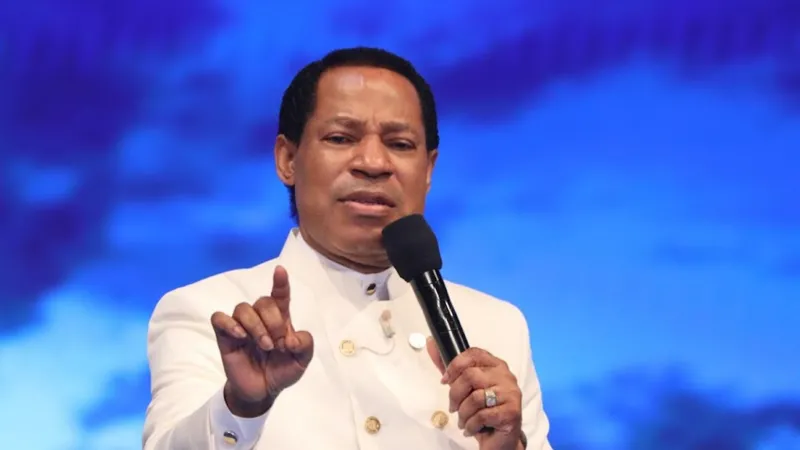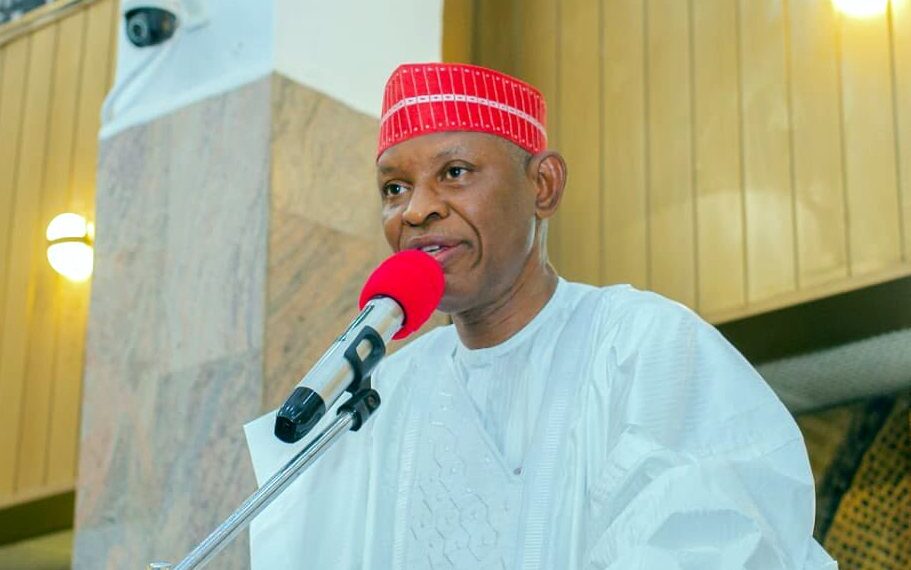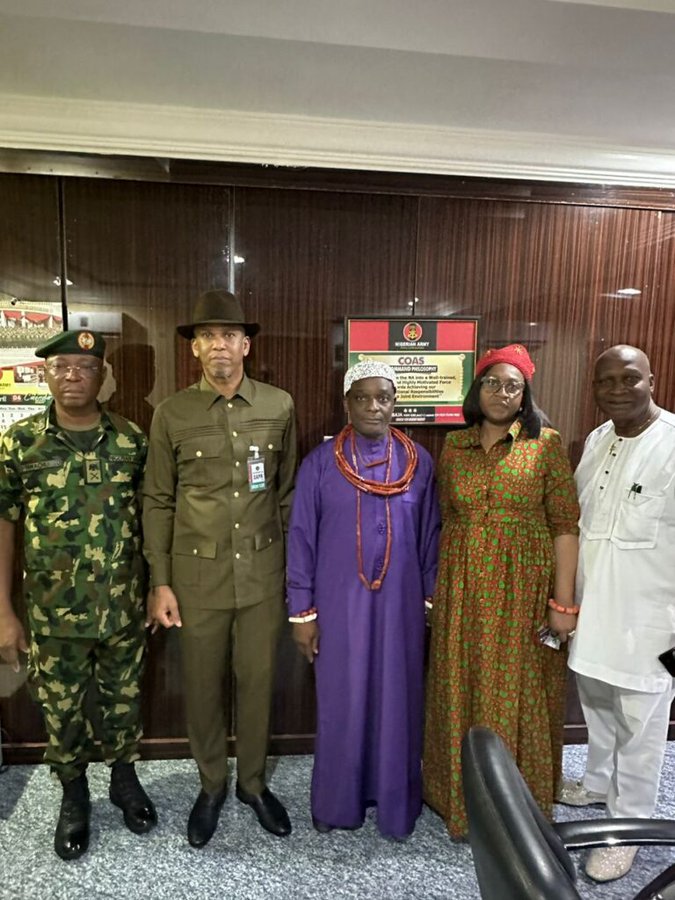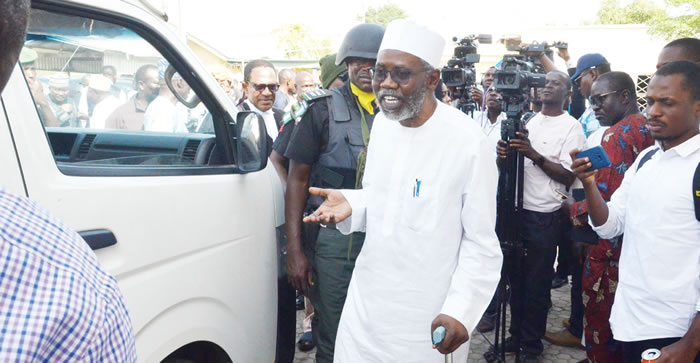Accelerating Nigeria’s Progress By Rasak Musbau
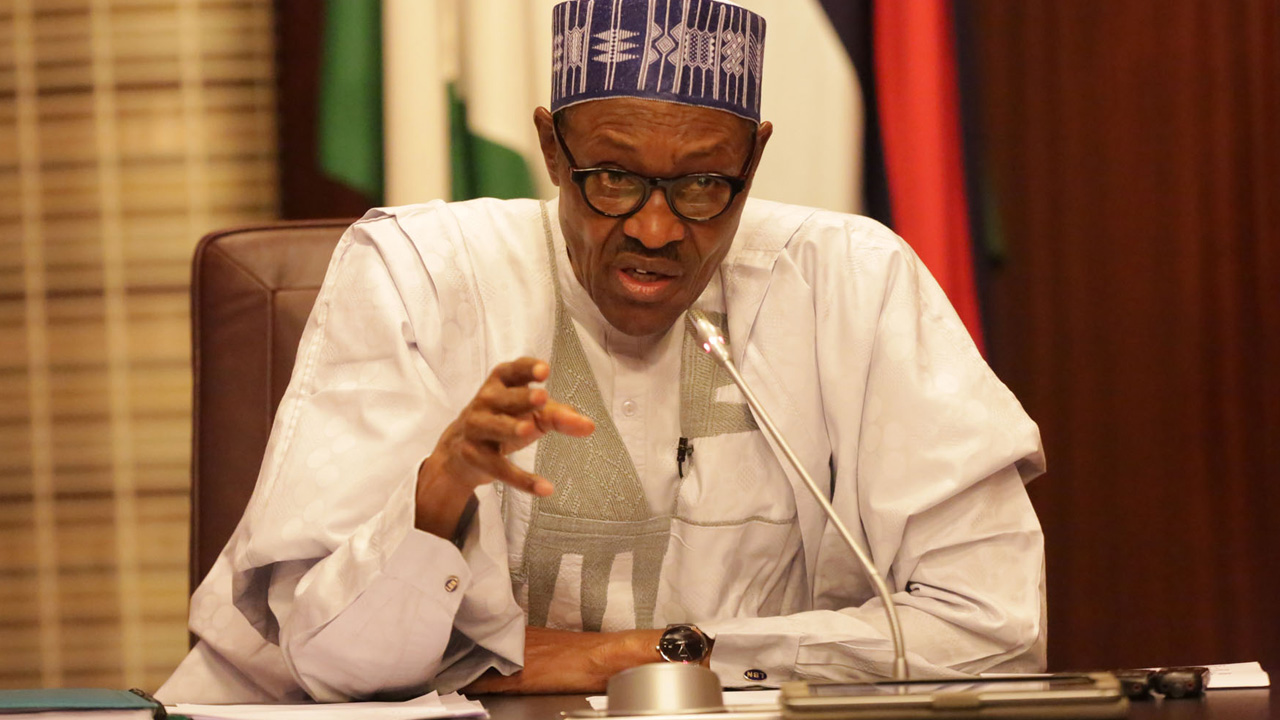

Who is denying that Nigeria has structural problem? It is quite evident that the major issues with our country revolve round our disheveled structure, weak institutions and scrawny values. The country has proved too large and inefficient for the centralized management of many of our institutions. Central control of many vital institutions and major sources of revenue have stifled the democratic context within which federation thrives best.
It is this anomaly that defines the mismanagement of our institutions and infrastructure. To correct the anomaly and ensure efficient working of the nation’s institutions, every patriotic Nigerian wants a true federal system, where each component unit or region is imbued with attributes of a semi-autonomous entity.
At this point in time, however, beyond restructuring and true federalism, there are certain attitudinal problems which have to be addressed simultaneously if we want real growth and development. All too often we show no sign of understanding that we are, each and every one of us, relevant and important to the fate of our country. Instead of drawing on our own resources, we are forever looking up to someone else, forever searching for good leaders to see us through.
Our bane is our resignation to being eternally passive objects of other people’s will, begging on our knees for our rights and entitlements. We want government to stop corruption and yet continually urging motorists to settle corrupt police officers on the road because we cannot sacrifice five minutes delay. We beg, induce and compromise public institution for all form of things and yet still wonder why things are not changing.
Second, we need serious and practical commitment to sharing the burdens and the rewards of citizenship with equity. We often think we are getting justice only when persons from our region are in a position to dominate and oppress others. Once in that position, we hardly ever muster the discipline and objectivity to allow that others have rights. Those who complain vociferously that they are oppressed by the regional distribution of power have no qualms about being oppressive in states that they control; those who complain about being oppressed in their state dish out oppression in generous doses in local government areas under their jurisdiction.
The implications of these tendencies are very grievous. Since for us, political relations invariably reduce to domination and subordination, defeat in political competition is unthinkable, and by the same token, restraint in the pursuit of political power is anathema. Consensus-building and peaceful coexistence are impossible for they demand a disposition to share and a willingness to submit to the demanding discipline of justice.
Thirdly, we must do away with parochial loyalty if we want the country to move forward. Many are more committed to lobby the political executive to ensure that their sons and daughters in the public service get undue favour. Also erring public officials are sometimes protected on the basis of connection with highly placed personalities. This practice therefore has not only served as an incentive for unethical conduct in the public service, but has also de-emphasized the issue of competence and merit. This accounts for lopsidedness in appointment into crucial national institutions and agitation for restructuring.
Fourth, we have to beat the habit of preying on others and consuming without producing. Most politicians view politics as a major industry and a main route to power and wealth. How to make the state or local government under them viable economically is of less concern to them. Invariably, the ruling class is committed to the decadent existing social order which though furthers their class interest, marginalizes the people.
It has now become imperative for us to have renewed education and new attitude to overcome our national problems. We have been turned into perpetual blamers. We blame government, them ‘up there,’ over us ‘below.’ No matter how much less power we feel we have, we are not utterly without power. What we need now is for every one of us to become a leader. We have to start doing the right things and insisting public officers adhere to basic tenets of ethics.
We must educate ourselves that democracy is not just about election but what we do every day. It is not about what is done for us, or done to us, but what we do daily. We must discard all dangerous tendencies of mutual distrust and total lack of confidence in our nation and seemingly inbuilt attitude by many to hate the country. It is dismaying seeing fellow citizens putting up dispositions that show absolute hatred for the country in the guise of fighting those in government. One is not saying that identifying with one’s nation is synonymous with blind followership, but we must embrace basic patriotic inclinations.
26th President of United States of America, Theodore Roosevelt once explained that: “Patriotism means to stand by the country. It does not mean to stand by the president or any other public official save exactly to the degree in which he himself stands by the country. It is patriotic to support him insofar as he efficiently serves the country. It is unpatriotic not to oppose him to the exact extent that by inefficiency or otherwise he fails in his duty to stand by the country.”
The solution to Nigeria’s problem is neither in sabotaging its economy under any guise, nor in blind loyalty to kinsmen or brethren in faith at the helm of public administration. These are unpatriotic acts. It is however important for one to admit that it is not possible to ignite fire of commitment from citizens whose welfare has become nobody’s business.
This is why Nigerians should always insist on good governance while also putting on creative cap of self-empowerment. The family unit, social organisations, schools and colleges and the media must help people to overcome the shackles of helplessness in the face of our daunting problems.
The media should start projecting models of real powerful people in their news reporting. Here, one is not referring to celebrities, or politicians and CEOs of the corporate world, but real entrepreneurs who started small and grow progressively. These are what will ignite power of, if he can, I can rather than sustaining culture of powerlessness arising from celebration of looters, political and social impostors.
Finally, the following words of anonymous Chinese poet are quite instructive: ‘Hope cannot be said to exist, nor can it be said not to exist, for it is like the roads that cross the earth. In the beginning, there were no roads, but when many people pass one way, a road is made.’ In our case, when many are ready to let the change begin with them, we shall see real change. We should all be the man that will be proud of this country, and the man that this country will be proud of. This is how to move the country forward.






